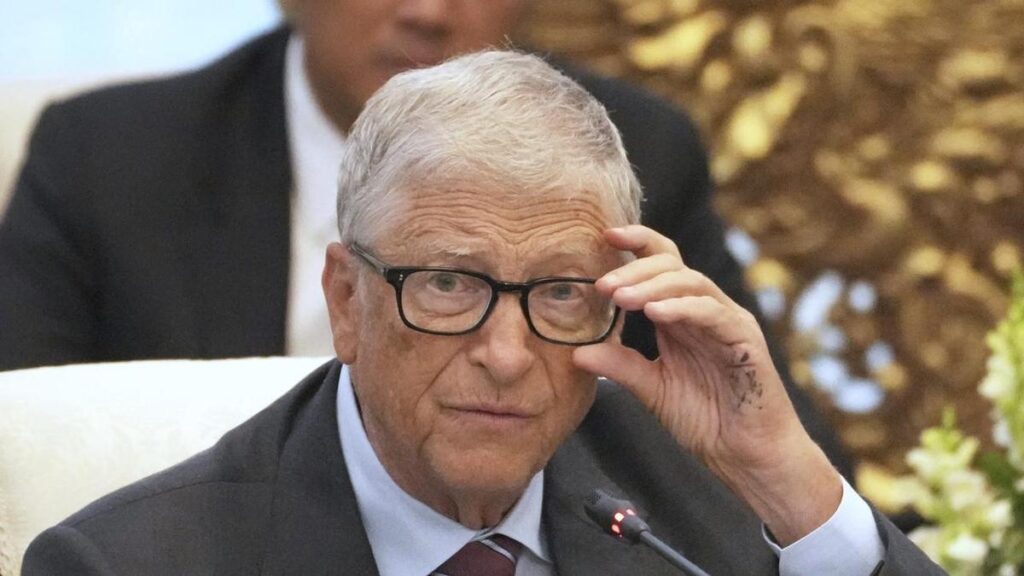
UPDATE: Billionaire investor and philanthropist Bill Gates has just issued a powerful call for a radical shift in global climate strategy, emphasizing the urgent need to combat human suffering over strictly limiting temperature rises. In a memo released earlier today, Gates argues that the climate conversation must pivot from a doomsday mentality to prioritizing health and poverty alleviation, particularly in the world’s poorest regions.
Gates, who has invested tens of billions through the Gates Foundation, stated, “If given a choice between eradicating malaria and a tenth of a degree increase in warming, I’ll let the temperature go up 0.1 degree to get rid of malaria.” His comments come ahead of the upcoming United Nations climate change conference scheduled for September 2023 in Brazil, where he hopes to influence discussions on climate funding priorities.
The Microsoft co-founder, now focused on global health and development initiatives, believes that the current climate discourse has diverted crucial resources away from immediate human needs. He explains that while climate change is a serious concern, the focus should be on preventing suffering caused by diseases and poverty, particularly in vulnerable communities.
In his memo, Gates asserts that the world’s primary goal should be to alleviate human suffering rather than fixate solely on reducing carbon emissions. He warns that a singular focus on near-term emissions targets is misguided and could hinder efforts to improve lives in a warming world.
Officials in the climate science community have reacted to Gates’ statements with mixed responses. Kristie Ebi, a public health and climate scientist at the University of Washington, agrees with the necessity of improving human health but cautions that Gates’ approach may oversimplify the complexities of climate change. She emphasizes the importance of considering multiple variables in the climate equation.
Conversely, Jeffrey Sachs, director of the Centre for Sustainable Development at Columbia University, criticized the memo as “pointless and vague,” arguing that poverty reduction and climate transformation are not mutually exclusive and can be pursued simultaneously.
Gates’ proactive approach has ignited discussions on whether current climate policies are adequately addressing the needs of the most vulnerable populations. He calls for world leaders to re-evaluate their spending in climate initiatives, urging that resources should be directed toward the most impactful solutions for health and development.
As the UN climate conference approaches, the global community will be watching closely to see how Gates’ insights will influence the agenda and whether world leaders will heed his call for a more balanced focus in the fight against climate change. With critical implications for both climate action and humanitarian efforts, Gates’ memo is expected to spark significant debate in the coming weeks.
This urgent call to action highlights the dire need to integrate health and environmental strategies, as the repercussions of climate change continue to threaten the most vulnerable. As discussions unfold, the need for innovative solutions and strategic investments in human well-being remains paramount.
Stay tuned for more updates as this developing story unfolds.





